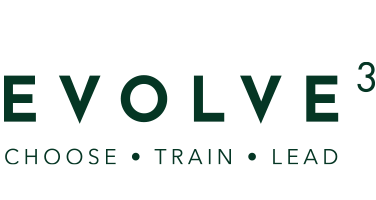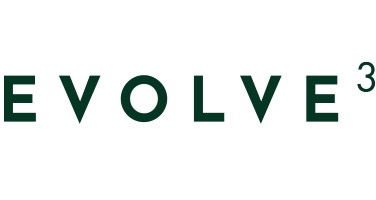
24 Oct What makes a good job ad?
The cries of desperation from short-staffed hospitality owners and managers are getting louder as the countdown to Christmas gets shorter. It seems that everyone is advertising for positions vacant, but most of the ads I see don’t do enough to motivate candidates to hit the apply button. To give yourself the best chance of attracting candidates in a highly competitive sellers’ market, consider these tried and tested advertising principles.
The main aim of recruitment advertising is to maximise the number of broadly suitable applications at a reasonable cost.
The A.I.D.A. principle: Attention — Interest — Desire — Action, is a proven, successful framework for constructing effective advertising.
When constructing your ads, consider:
What title will you give the position?
Job titles are quite fluid. There are no rules, you can call a job whatever you like. Consider your market level and business type, as some job titles are specific to different sectors of the industry. Choosing job titles that aren’t commonly used or recognised may limit applications or attract unsuitable candidates. For example, do you really want a ‘Kitchen Ninja’ or a Sous Chef? A ‘Craft Beer Legend’ or a Bar Supervisor?
The “Hook”
This is designed to grab the reader’s ATTENTION. It’s the headline of the advertisement. An attention-grabbing Hook is required to ensure the reader is drawn in and wants to continue reading to find out more.
Features and benefits
Clearly defined features and benefits of both the business and the position generate INTEREST in the job on offer. Consider your ideal candidate, they’re not desperate for work, they’re currently employed and will only apply for your role if it appears to be better than, or at least comparable to their current employment.
Your advertisement must clearly address ‘what’s in it for the candidate?’ Ask yourself, why would my preferred candidate come and work for me? This is called your Employee Value Proposition (EVP). Your EVP is a statement that describes the benefits of working for your business that would be a challenge to replicate by working anywhere else. These benefits can be tangible or intangible. A tangible benefit could be a clear, structured career development framework that allows employees to understand what they need to achieve to reach the next career or pay level. An intangible benefit might be the feeling of belonging or appreciation that comes from working with respectful, collaborative, and like-minded colleagues.
If you’re unsure about how to get started with formulating your EVP, ask yourself the following:
What do our current employees love about working with us and why do they stay? Get feedback from them to find out. There may be things that you aren’t aware of that the current team value. What actions do you take to look after your people? Are there initiatives that you’re proud of? What’s the culture of the business? Is it relaxed and down to earth with strong work–life balance? Is it fast-paced, exciting, and innovative? Think about the words that resonate with the kind of people you want to join your team.
Consider what you can offer: opportunities for further career growth, salary, bonuses or other benefits, training & development, attractive or flexible working hours, location, ease of transport and commuting options, parking, free yoga etc.
Are qualifications and experience required?
You do want qualified candidates to apply, however, don’t ask for more qualifications and skills than necessary. Consider what can be trained on the job, vs. what is a pre-requisite to be hired.
A summary of the job, including a detailed job description is not recommended, but do refer to the key responsibilities and goals of the role. The information you provide should work towards creating a DESIRE for suitable candidates to find out more.
- If posting online, consider including well-produced video content or images showcasing your business as a desirable place to work. Here is a good example.
To ensure ACTION, ensure the application process is as easy to follow as possible.



